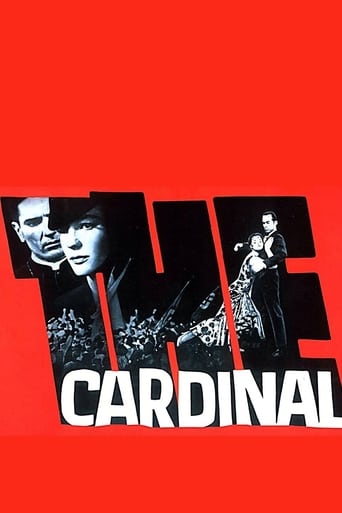


The Cardinal
A young Catholic priest from Boston confronts bigotry, Nazism, and his own personal conflicts as he rises to the office of cardinal.
-
- Cast:
- Tom Tryon , Romy Schneider , John Huston , Carol Lynley , Dorothy Gish , Maggie McNamara , Bill Hayes


Similar titles
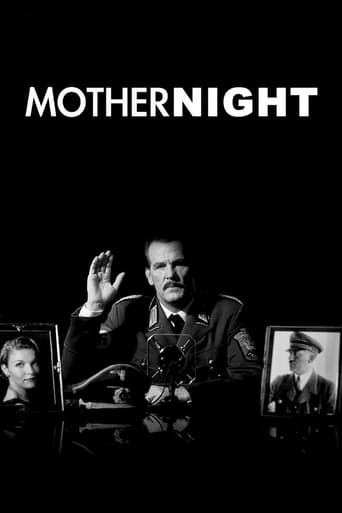
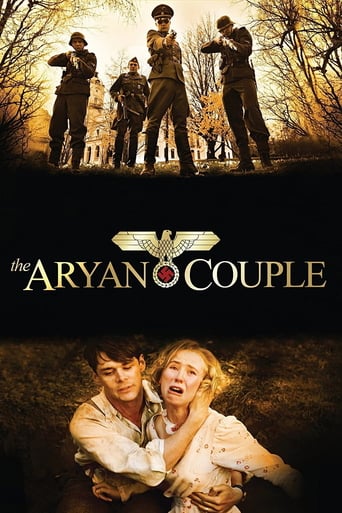
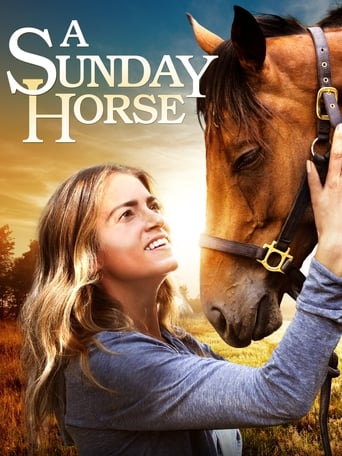
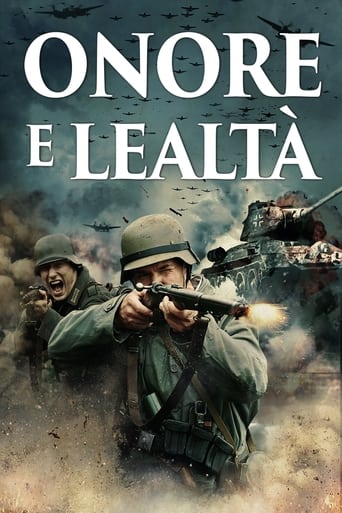
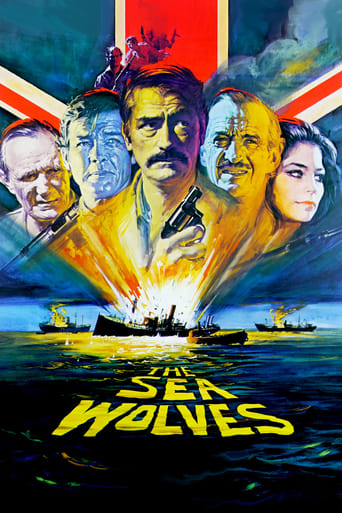
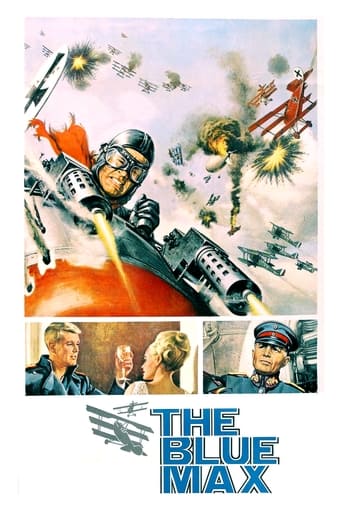
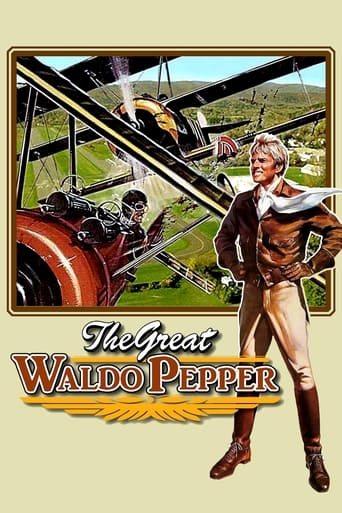
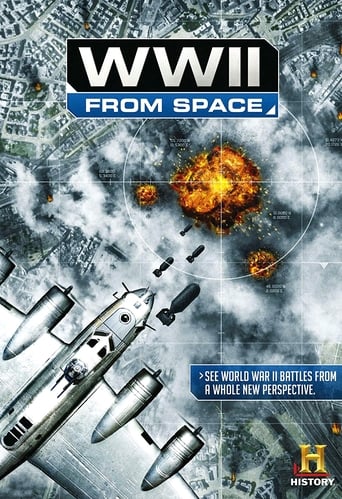
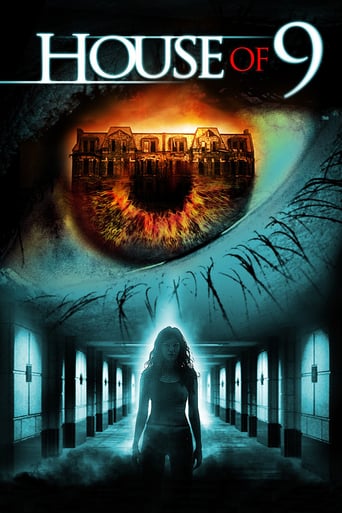
Reviews
Sorry, this movie sucks
One of my all time favorites.
It's entirely possible that sending the audience out feeling lousy was intentional
what a terribly boring film. I'm sorry but this is absolutely not deserving of best picture and will be forgotten quickly. Entertaining and engaging cinema? No. Nothing performances with flat faces and mistaking silence for subtlety.
Just watched this on TCM (I had seen it once before, about fifteen years ago). It's a type of film that doesn't seem to get made anymore -- the cinematic equivalent of the "good read", examining the life of a character set against a backdrop of historical events. I've read that Henry Morton Robinson's hugely successful novel, one of the biggest bestsellers of the early '50s, was a key cultural landmark for American Catholics (I'm not Catholic myself). Telling the story of Irish immigrant's son Stephen Fermoyle from Boston altar boy to achieving the titular honor, the book clearly resonated with US Catholics seeking a new sort of identity in the postwar world. The fact that it was clearly based on the well-known Cardinal Spellman probably didn't hurt sales.Starting in the mid '50s Otto Preminger made a habit of filming recent bestsellers, to take marketing advantage of the books' established publicity. But The Cardinal was published well over a decade before Preminger filmed it in 1963. I'd guess part of this was due to censorship, as a major subplot deals with abortion.Why a Jew like Preminger would film a novel like The Cardinal can only be guessed at (I have not read the recent Preminger biography), but I wonder if it wasn't at least partly due to the fact that much of the story takes place in Preminger's native Vienna.The Cardinal has great work from title designer Saul Bass, cinematographer Leon Shamroy, and especially composer Jerome Moross -- his main theme should be much better known. Preminger himself directs in his usual "objective" style: long takes, few if any reaction shots, and occasional use of Preminger's trademark -- the actor starts from the side of the frame, walks toward the camera to CU range, then away from the camera (I can't be the first person to notice this -- have critics come up with a name for this shot?). As always with Preminger, there are moments when a few reactive close-ups might make things a bit clearer, notably the suicide jump in immediate response to the Gestapo visit. A CU or two of the panicking, paranoid victim might make the scene come across as a bit less jarringly out-of-nowhere.In the very long title role Tom Tryon is adequate. I'm not sure if a more expressive actor could have done much better, as religious uncertainty is hard to visualize. Perhaps someone like Richard Burton might have brought more vulnerability to the section where Fermoyle is tempted by an Austrian girl (Romy Schneider).John Huston steals all his scenes as a wily church politician, and got a Supporting Oscar nomination to boot. Indeed The Cardinal is the film that started him on his second career as an actor. Carol Lynley also got a nomination and does especially well in her confession scene, although the film fails to take much advantage of the gimmick of Lynley playing two characters. Burgess Meredith (as a saintly parish priest), Dorothy Gish, Raf Vallone, an unbilled David Opatoshu, and many others make effective appearances. I have to mention Bill "The Ballad Of Davy Crockett" Hayes as Fermoyle's piano-playing brother. He's quite lively (Hayes had been a second banana on Ernie Koxacs' 1956 TV show) and surprisingly good in the dramatic scenes. I wonder why he never had more of a Hollywood career (outside of a longtime soap gig).One other participant in the production should be cited. According to Wikipedia the Papal liaison for the film was one Joseph Ratzinger, now known as Pope Benedict.The Cardinal is definitely far better than the similar Shoes Of The Fisherman, and I prefer it to another priestly life-story The Keys Of The Kingdom. It could probably be considerably shortened without too much harm -- the Robert Morse musical number could definitely be cut, and the Ku Klux Klan episode is unnecessary as well as unconvincing. Among Preminger's "bestseller films" I rate The Cardinal higher than Exodus, if not as high as Anatomy Of A Murder.
TOM TRYON has the central role in Otto Preminger's majestic looking film version of THE CARDINAL, but he's one of those handsome actors with an impassive face whose emotions never come to the surface. Instead, we get a hint of what he might be thinking without any real clue. And since the film is all about the moral and personal issues facing him as he enters the College of Cardinals, an actor with more emotional capabilities would have been more impressive.The other flaw is the three hour length for a film in which the story is simply not that compelling. Furthermore, director Preminger has chosen to direct whole scenes at medium length lensing (no close-ups inserted) which gives a flat affect to the dynamics involved.Aside from these weaknesses, the film has a lot about it to commend. All the interiors of church activities are impressively staged and photographed in beautiful WideScreen photography. The performances around Tryon range from good to excellent, including John Huston, Carol Lynley, Bill Hayes, John Saxon and Burgess Meredith. Huston is particularly commanding as the brusque Cardinal Glennon, who confronts Tryon with: "You're not afraid of me, are you?" when the young man speaks his mind.All of the technical aspects of the film are professional, giving the story more credibility than it deserves from a rather lumbering script. The icing on the cake is the rich musical score by Jerome Moross.Holds the interest despite the length as it deals with a young man confronting bigotry, Naziism, and his own personal beliefs as he ascends the ladder of success in the Catholic Church.
I'm not a major fan of Otto Preminger's work. I find much of his work too long and self important. But I was wonderfully surprised at how much I loved this film, and now it's my favorite Otto Preminger film.This is a wonderful film. It's moving, complex, literate, articulate, and surprisingly thought provoking. The subjects it tackles are still relevant today. The subject of faith, entering the priesthood, sacrifice to God, dealing with abortion, sex, racism, and church leaders and their dealings with politics are issues that haven't gone away, and Preminger handles them quite well without resorting to melodrama and sledgehammer points.The Cardinal moves along at a beautiful pace, and it feels like a grand novel, leisurely, but enthralling. Out of the entire film, there is maybe one or two scenes that are superfluous and could have been cut (the inclusion of a song in a vaudeville theater is one of them), but overall, all the scenes here are valid and tell the story. The film's dialogue is excellent, quite literate and intelligent. The film's score is very subtle, and it's never used as a cue on how to make the viewer feel. In fact, most of the scenes have no music.Preminger's mise en scene has never been better. His framing is immaculate, using long takes extremely well, giving the literate dialogue extra weight by making the viewer really concentrate. Quite often, too much cutting simplifies things, but luckily, Otto avoids that. The cinematography and the production design are magnificent. The film reminded me of, surprisingly, Luchino Visconti's The Leopard. Not in the story (Visconti's film was about the unification of Italy as seen through the eyes of an aristocratic family), but in the production design (which is sumptuous in both The Leopard and The Cardinal), framing, cinematography, and beautiful performances.Tom Tryon, a relative unknown here, is quite good as The Cardinal. He's in nearly every scene and he holds his own very well. Many found him boring, or as least too stoic, but I thought he was pretty damn near perfect. John Huston is great as a cranky but caring Bishop, Burgess Meredith is excellent as a dying priest, and Ossie Davis is great as a black Catholic priest. The scene in which Tryon confronts a racist town where Davis's parish resides is one of the most powerful scenes in the entire film. The film has an abortion scene (which was shocking for 1963, when the film was made), and it's still incredibly powerful and uncomfortable to watch. Some of the film is dated (mostly attitudes about marriage and social mores), but most of it is still valid today.The film is not as deep, mystical, or as intellectual as a Tarkovsky, Bergman, or de Oliveira film, but it comes surprisingly close, and it doesn't have the usual Preminger manufactured controversy. Here he doesn't do that, and makes what I believe is, if not his best film, certainly his most underrated. I recommend this film highly.
The stiffness in the telling marks the destiny of this confused tale. At times is quite simply, unendurable. The wooden rigidity of Tom Tryon makes things even harder to take. Unconvincing should be the polite way of putting it. Preminger shows an eye for the travelogue part but a total diffidence in the subject at hand. No feel for it at all. Solemnity shouldn't be the way but it is and a rather phony solemnity at that. At times, they all behave like creatures from another planet and nothing they say or do sounds or looks credible. The over long saga is told in little disjointed episodes, the only thing that remains constant is the inexpressive brow of Mr Tryon. Most of Otto Preminger's opus looks terribly dated now. "The Cardinal" is, perhaps, the most dated. Carol Linley goes from saintly sister to exotic dancer in one single throw and Romy Schnaider has a brief and calculated moment. If I had to save something it would be the scene in which John Huston goes to visit his dying friend Burgess Meredith. But those kind of moments are rare. For some reason that I haven't been able to figure out there is a long musical number by Robert Morse, but as absurd as it was, it came as a welcome change from the agonizing pace the film suffers through its interminable length.
